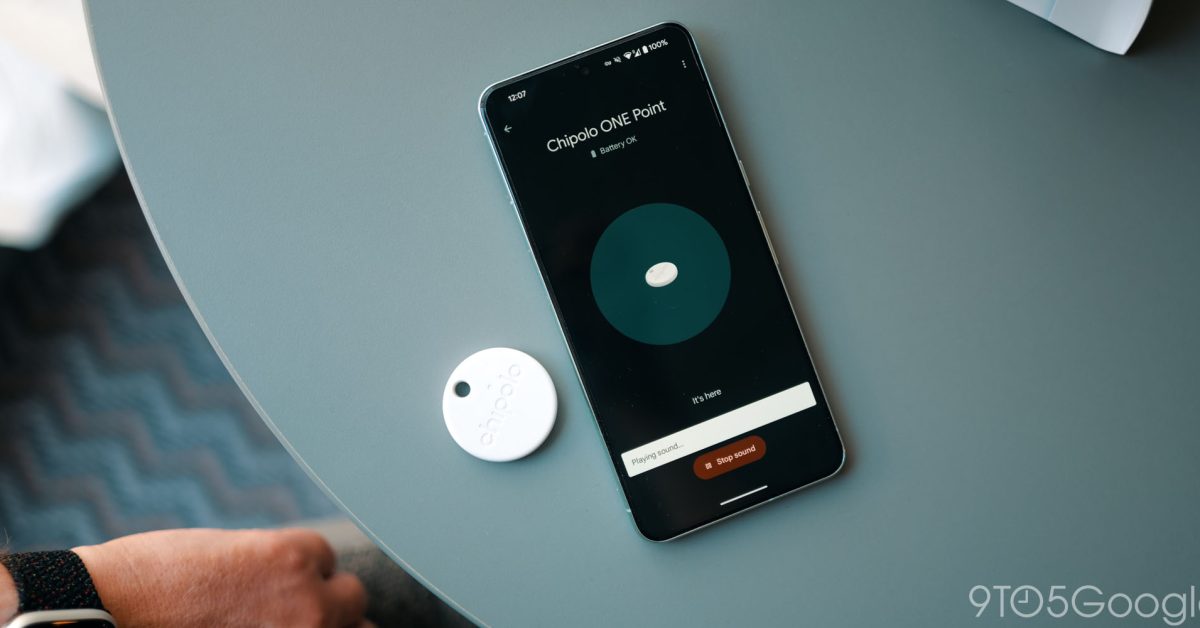- 139 Posts
- 48 Comments
Discord

 1·10 days ago
1·10 days agoI don’t recall Qualcomm trying to buy ARM.
Thanks for correcting me.
That’d be a more horizontal acquisition than a vertical one as Qualcomm doesn’t make x86 chips so they can at least argue it wouldn’t be anti-competitive.
Not sure if AMD and Nvidia, will see it that way, and they will probably lobby to stop the deal.

 9·10 days ago
9·10 days agoIts trying to send spam. Report the link to Google Safe Browsing and move on.

 22·10 days ago
22·10 days agoThis is never going to get regulatory approval. FTC will move to block the this acquisition.
Qualcommwasn’t allowed to buy ARM, no way it gets to buy Intel.Edit :I stand corrected.
It was Nvidia trying to buy ARM.

 41·12 days ago
41·12 days agoHeartbreaking: Worst Corporation(s) you know, just made a good stand

 11·26 days ago
11·26 days agoSame error for me.

 41·1 month ago
41·1 month agoNope, doesn’t look like it.

 12·2 months ago
12·2 months agoGoogle meet(original) is the only meet left. They killed Google Duo for this crap.

 201·2 months ago
201·2 months agoBetter cameras equal higher photo size equals same storage
Leads to more Google One subscription - FTFY
Single provide:Adguard on Device and OS level

 221·2 months ago
221·2 months agoFrom the article:
In an email, a GivEnergy representative reinforced Castellucci’s assessment, writing:
In this case, the problematic encryption approach was picked up via a 3rd party library many years ago, when we were a tiny startup company with only 2, fairly junior software developers & limited experience. Their assumption at the time was that because this encryption was available within the library, it was safe to use. This approach was passed through the intervening years and this part of the codebase was not changed significantly since implementation (so hadn't passed through the review of the more experienced team we now have in place).

 1·2 months ago
1·2 months agodeleted by creator

 171·2 months ago
171·2 months agoNope, its available on mobile too. Just go to
Sidebar>Settings>Colour
(Options to choose from)
-
Light
-
Dark
-
Automatic
-

 131·2 months ago
131·2 months agoWired has a great article on why this feature should exist: https://www.wired.com/story/weddings-social-media-apps-photos-memories-miscarriage-problem/

 32·2 months ago
32·2 months agoSuch a courageous move.

 20·2 months ago
20·2 months agoBest we can do is more scammy suggestions(Ads) when you use the search bar in play store. - Google

 34·2 months ago
34·2 months agoNope, as usual a corpo has taken OSM’s data and are going to provide it under new banner with few useful edits and not contribute to OSM.

 0·3 months ago
0·3 months agoemphasis mine From the article:
The man was investigated after an airline “reported concerns about a suspicious Wi-Fi network identified by its employees during a domestic flight.”
It’s alleged the ** accused’s collection of kit was used to create Wi-Fi hotspots with SSIDs confusingly similar to those airlines operate for in-flight access to the internet or streamed entertainment. ** Airport Wi-Fi was also targeted, and the AFP also found evidence of similar activities “at locations linked to the man’s previous employment.”
Wherever the accused’s rig ran, when users logged in to the network, they were asked to provide credentials.
The AFP alleges that details such as email addresses and passwords were saved to the suspect’s devices.
The charges laid against the man concern unauthorized access to devices and dishonest dealings. None of the charges laid suggest the accused used the data he allegedly accessed.
However three charges of “possession or control of data with the intent to commit a serious offence” suggest the alleged perp was alive to the possibilities of using the data for nefarious purposes.














Source: https://www.404media.co/steam-removes-forced-arbitration-clause-gamers-can-now-sue-valve/